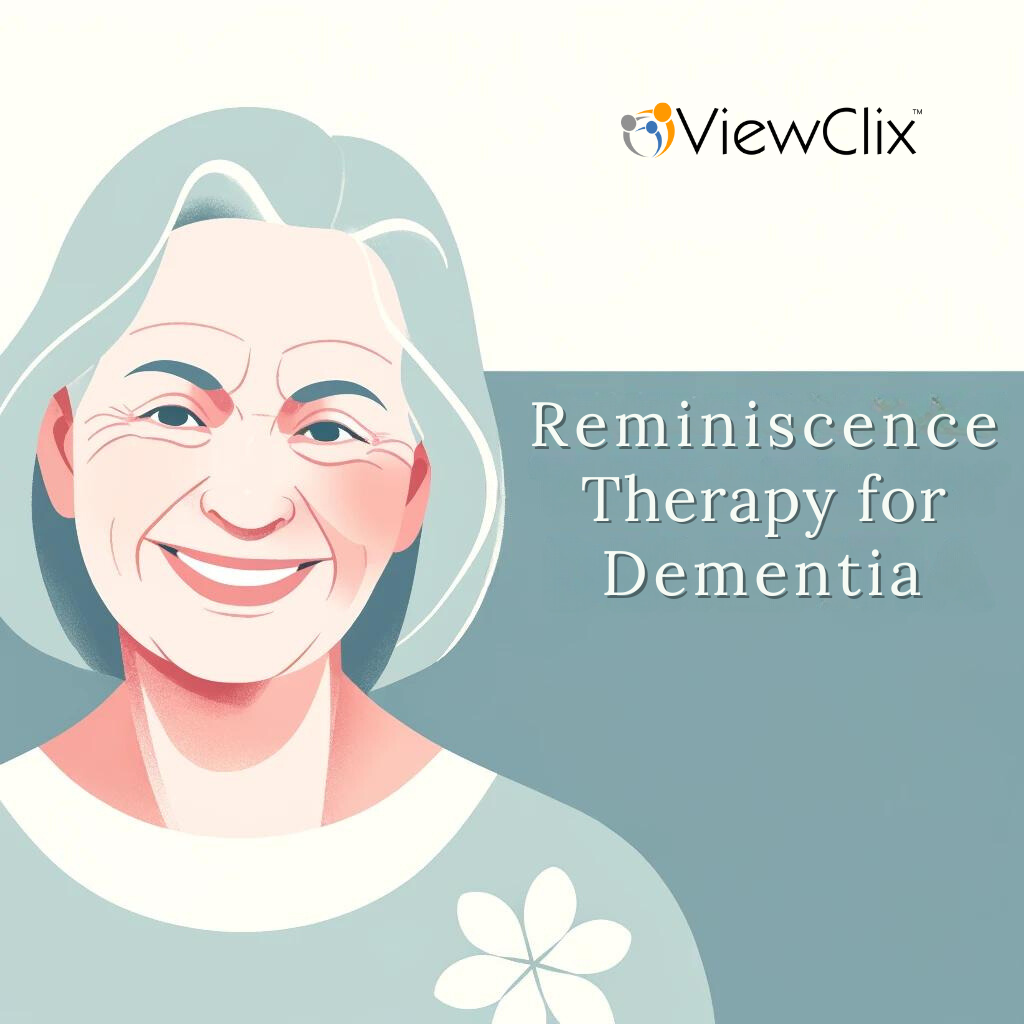

Reminiscence Therapy for Dementia: What Families Should Know
- April 24, 2024
- Senior living articles

Dementia can be a challenging journey for both individuals diagnosed with the condition and their families. As the disease progresses, memory loss and cognitive decline can significantly affect daily life. However, one therapeutic approach that has shown promise in enhancing the quality of life for those with dementia is reminiscence therapy. Here's a closer look at what reminiscence therapy involves and the top three things families should know about this technique.
What is Reminiscence Therapy?
Reminiscence therapy involves the use of life histories – specifically memories from the past – to improve the mental and emotional well-being of those with dementia. This form of therapy is grounded in the idea that memory for older information often remains intact longer than short-term memory. Activities can include discussing past events, looking through old photos, listening to favorite music from the past, and even revisiting old hobbies. By tapping into these long-held memories, reminiscence therapy can provide comfort, increase social interaction, and strengthen personal identity by connecting past experiences with present circumstances.
Top 3 Things Families Should Know About Reminiscence Therapy
1. It Enhances Emotional Well-being
Reminiscence therapy has been shown to promote positive emotions and reduce depression in individuals with dementia. It helps by bringing to mind past achievements and happier times, which can be particularly comforting in moments of confusion or distress. For family members, seeing their loved ones re-engage with their past can also provide a sense of joy and fulfillment.
2. It Supports Communication
As dementia progresses, communication can become challenging. Reminiscence therapy uses familiar topics to encourage conversation. When individuals with dementia talk about their past, it not only stimulates their cognitive functions but also helps maintain their language skills. For families, this means better interactions and more meaningful connections with their loved ones.
3. It's Easy to Implement
One of the great advantages of reminiscence therapy is its simplicity. Families can initiate reminiscence therapy simply by sitting down with a photo album, playing songs from the individual’s youth, or discussing memorable family events. This flexibility makes it an accessible option for many families.
ViewClix Smart Frames can provide families with a great tool to engage in Reminiscence Therapy. Families can add old photos to their frame's Slideshow, share timeless family videos, and also can enjoy a PhotoChat session together. ViewClix's PhotoChat feature can be especially powerful as you will guide your senior through shared photos and can discuss them together.
Conclusion
Reminiscence therapy is a compassionate and effective way to improve the quality of life for people with dementia. It helps maintain cognitive functions, supports emotional health, and enhances social interaction. For families, it provides a valuable tool to connect with their loved one in meaningful ways. By incorporating these practices into regular interactions, families can offer significant support throughout the progression of dementia.
Order your ViewClix Smart Frame today and start connecting with your senior loved ones: https://viewclix.com/shop
